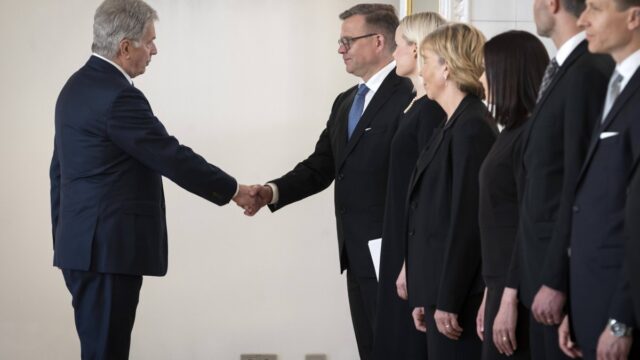Northern Exposure
Politics and Change in the Nordic Countries
The Nordic countries have, for decades, been characterised by a strong welfare state and strong unions, creating more equal societies with low levels of poverty and exclusion, high levels of gender equality and employment, and some of the highest standards of living seen.
Nonetheless, the “Nordic model” has long been under stress. The region is not immune from the broader dynamics, trends and challenges of liberal democracies: the rise of the far right and right-wing populism, the neoliberal push for austerity and privatisation, the erosion of the gains of feminism, the so-called refugee crisis and the rise of racist discourse associated with it, and the struggle to combat climate change.
The political traditions, landscapes, and contexts for the emergence and success of political parties and movements across the Nordic region differ substantially, including very different economic profiles, and varying approaches to the European Union and EU integration.
This section provides political analysis on the situation and development of the left in the Nordic region, its challenges, and opportunities.








